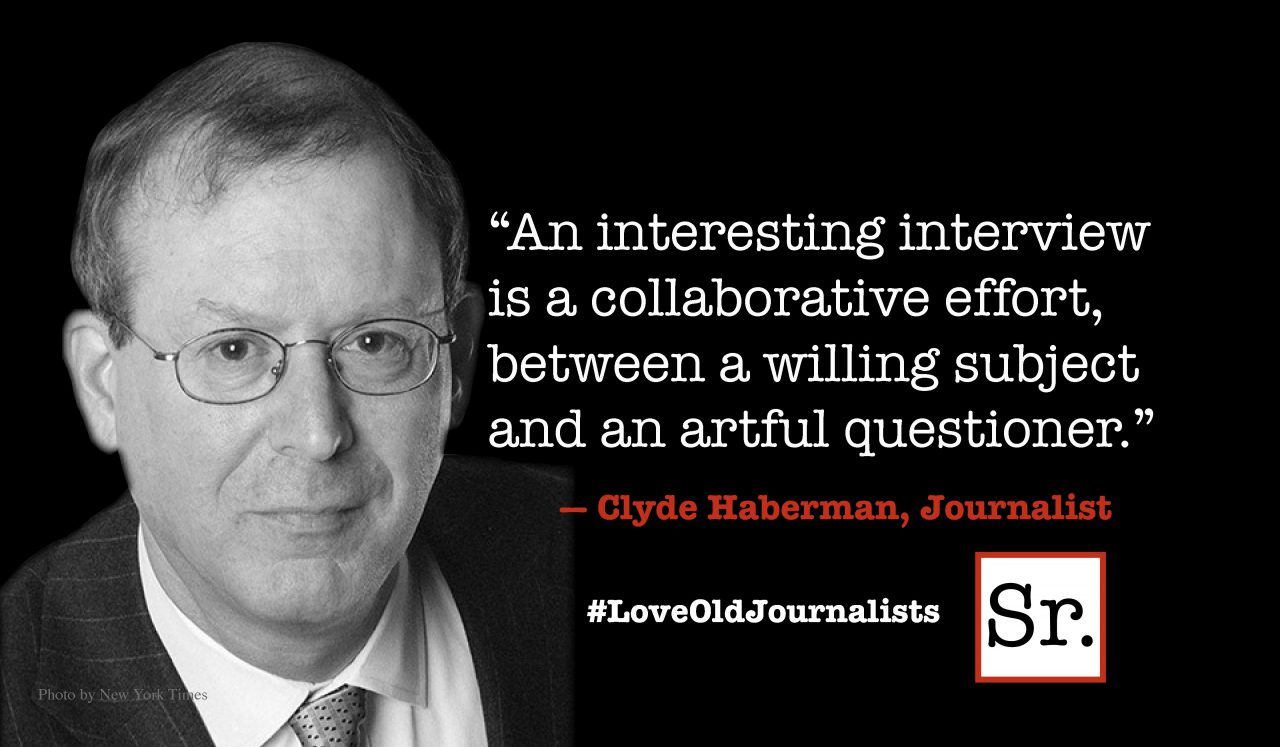When in my mid-30s I received an invitation to become pastor of University Church in Chicago, I arrogantly knew that I was just the right person for the job. For one thing, it was my denomination’s (The Disciples of Christ) most dynamic liberal congregation, and that was a challenge right down my alley. But The University of Chicago was also one of the nation’s centers of intellectual sophistication, and that appealed to my puffed-up ego. I was to be surrounded by the world’s best scholars, several of whom were members of the church. The congregation’s long-time pastor, Dr. C. M. Chilton, had also been chair of the University’s Department of Philosophy. I would be swimming in a rarified ocean of ideas.
I had heard that the congregation’s former music director had written what became the church’s theme song, and I couldn’t wait to hear it, as I immersed myself in the ideological sophistication of that congregation. Put on your thinking caps and wrestle with these erudite high-flown verses.
"A noble life, a simple faith, an open heart and hand.
These are the lovely litanies that all can understand.
These are the firm- knit bonds of truth, though hidden to the view,
Which bind in sacred partnership all those the whole world through.
The cries of clashing creeds are heard, on every side they sound,
But no age is degenerate in which such lives are found.
A noble life, a simple faith, an open heart and hand.
These are the lovely litanies, which all can understand."
That hymn took the air out of my elevated rational pomposity. It slowly became clear that my task was not to take place in a rarified intellectual stratosphere, but down among hungering, hurting human beings struggling each day just to survive.
Being puffed up, I might have been seen like the arrogant young man who was ridiculed in Gilbert and Sullivan’s, Patience,
"If you’re anxious for to shine in the high aesthetic line,
As a man of culture rare,
You must get up all the germs of the transcendental terms,
And plant them ev’rywhere.
And ev’ryone will say, As you walk your mystic way,
'If this young man expresses himself In terms too deep for me,
Why, what a very singularly deep young man
This deep young man must be!'"
In "God Bless You: Mr. Rosewater", Kurt Vonnegut’s Eliot Rosewater was an eccentric do-gooder. One day he was discussing with his wife, Sylvia, the birth of twins to a half-witted townsperson named Mary Moody.
"'I’m baptizing them tomorrow,' he said.
'I didn’t know you did things like that,' Sylvia replied.
'I couldn’t get out of it,' said Eliot. 'She insisted on it, and nobody else would do. I told her I was not a religious person by any stretch of the imagination. I told her nothing I could do would count in heaven. But she insisted just the same.'
'But what will you say?' inquired Sylvia.
'Oh, I don’t know. I’ll go over to her shack, I guess, sprinkle some water on the babies and say, 'Hello babies. Welcome to the earth. It’s hot in the summer and cold in the winter. It’s round and wet and crowded. At the outside babies, you’ve got about a hundred years here. There’s only one rule that I know of, babies. God damn it, you’ve got to be kind.'"
Over the years I have repeatedly learned this lesson from Wendy. Every time I have been tempted to inflict a judgment on someone with whom I was having a debate, she has said, “No Charles, he is kind, and that is all that matters.” And as usual, she has been right.









